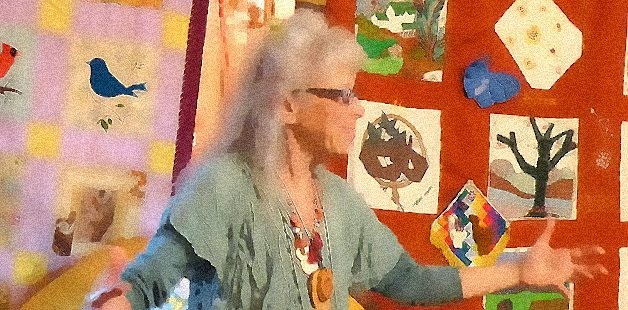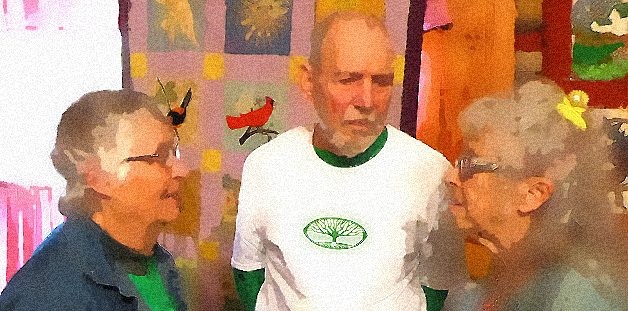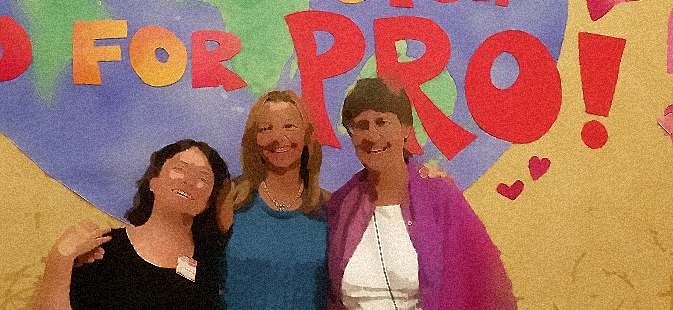In a recent blog by Tony Poderis, it is suggested that a myriad of things *should* be tracked in order to cultivate donors and prospects more easily and fully. It's further suggested that, in order to be truly successful, an organization will build strong relationships with their top 20% of donors, getting them fully involved in the organization's mission. All of this tracking and relationship-building requires a lot of detailed information about people, and storing it in a manner that can be readily accessed may appear daunting. Let me "undaunt" that appearance with FundRaiser.
Category Codes are the most flexible way to record non-giving aspects of peoples' lives, as I've said numerous times in my blogs over the years, yet some users are still reluctant to utilize them as fully as possible. Maybe they feel the list of codes gets a bit unwieldy, too long, to specific, etc. Or perhaps they don't see the immediate need of tracking so many aspects of a person's life. Hopefully, Tony's blog will give you a better grasp of why this is so necessary. And I've got a few suggestions that will make it easier to use a multiplicity of Category Codes.













